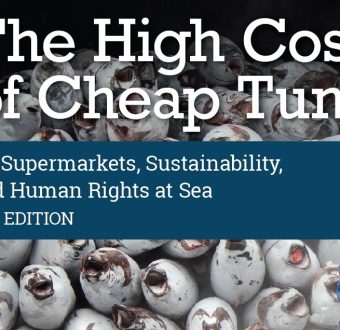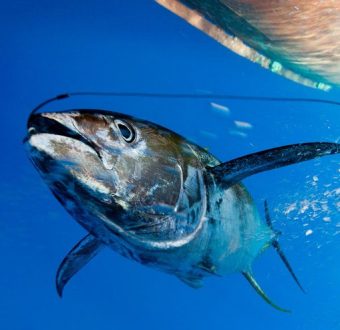“Consumers at home and abroad say they don’t want genetically engineered wine,” said Jeanne Merrill of Greenpeace. “California must support real solutions for grape growers, not genetic experiments that put our environment and our economy at risk.”
The Greenpeace report, “GM Grapevines,” found that British wine sellers were unanimous in their rejection of genetically engineered wine. Tesco, the largest supermarket and wine retailer in the country wrote: “We do not differentiate between wine and food in our policy, it is clear we will not accept GM (genetically modified) in either.”
The report also found widespread rejection of genetic engineering elsewhere in Europe. In France, wine makers have called for a moratorium on GE vines and increased state research into alternative solutions. The institute that supervises the specifications of French wines currently forbids any modified grape varieties. In Italy, the Association of Wine Producing Towns and the regional councils of Tuscany and Valle d’Aosta have opposed GE wine experiments.
News reports of field trials conducted by the University of Florida to engineer a wine grape resistant to Pierce’s Disease have been touting the grape as a potential panacea for California’s grape disease problem. However, the researchers have acknowledged that the gene inserted into wine grapes creates a protein similar to a substance in bee venom that can cause anaphylactic shock in some people. One GE grape researcher told the magazine New Scientist that it may not be possible to alter the grapes in such a way to keep the potentially deadly substance out of the human food chain.
GE grapes pose a tremendous risk to the California wine industry and to organic wine growers. Jem Gardener, Director of the UK organic wine importer and wholesaler Vinceremos explained, “Organic winemakeres and importers like ourselves are very concerned about the contamination of organic vineyards by wind- and insect-borne GE pollen. As the proud custodians of the purity of their fruit, organic vignerons have much to fear from genetic engineering. If there is accidental contamination, the damage will be irreversible”

